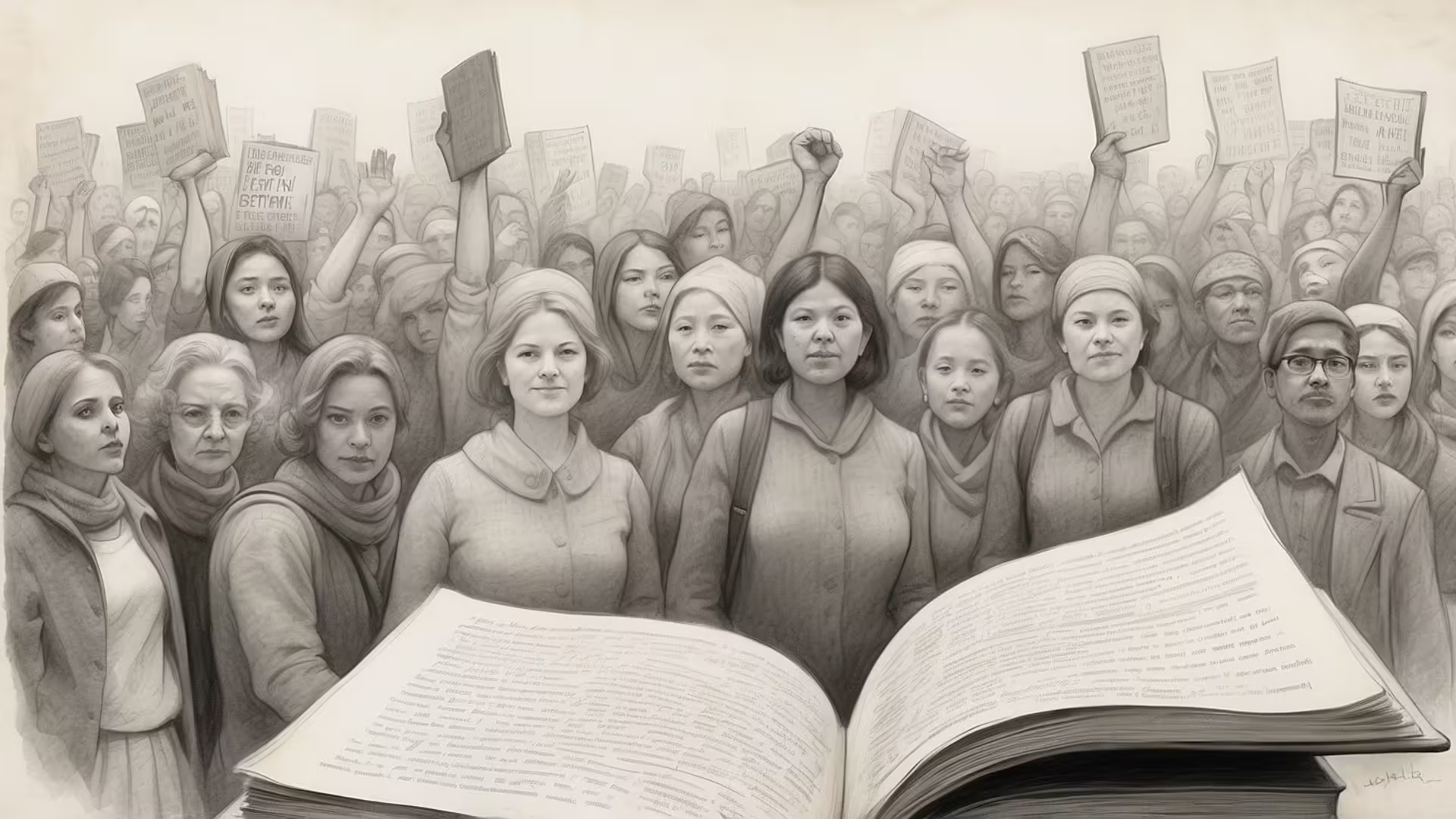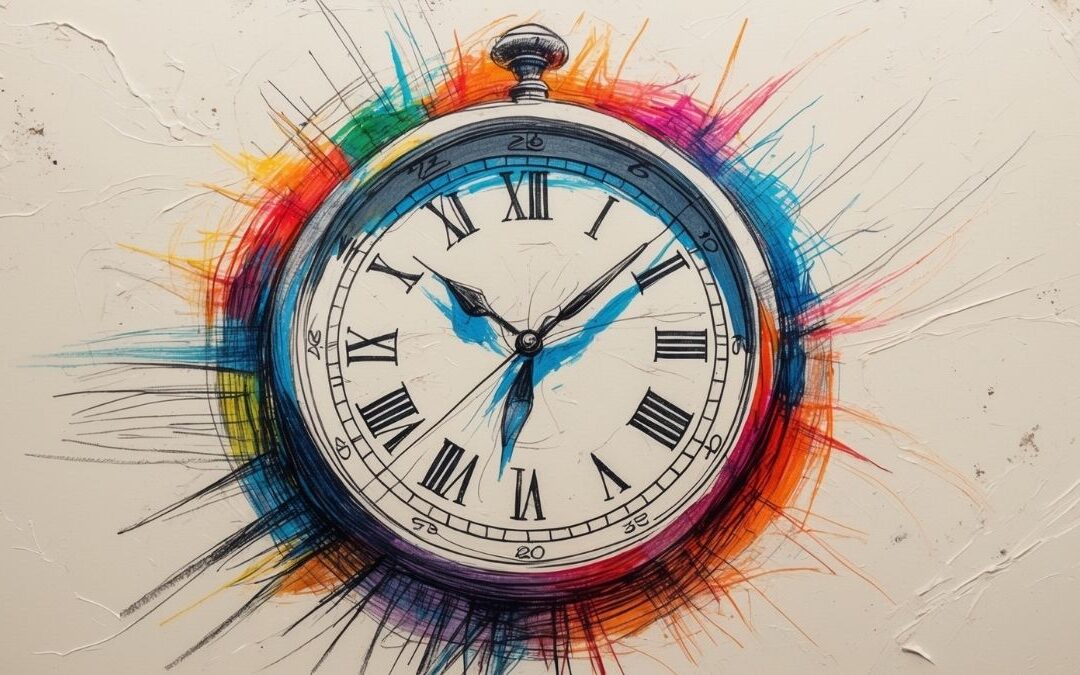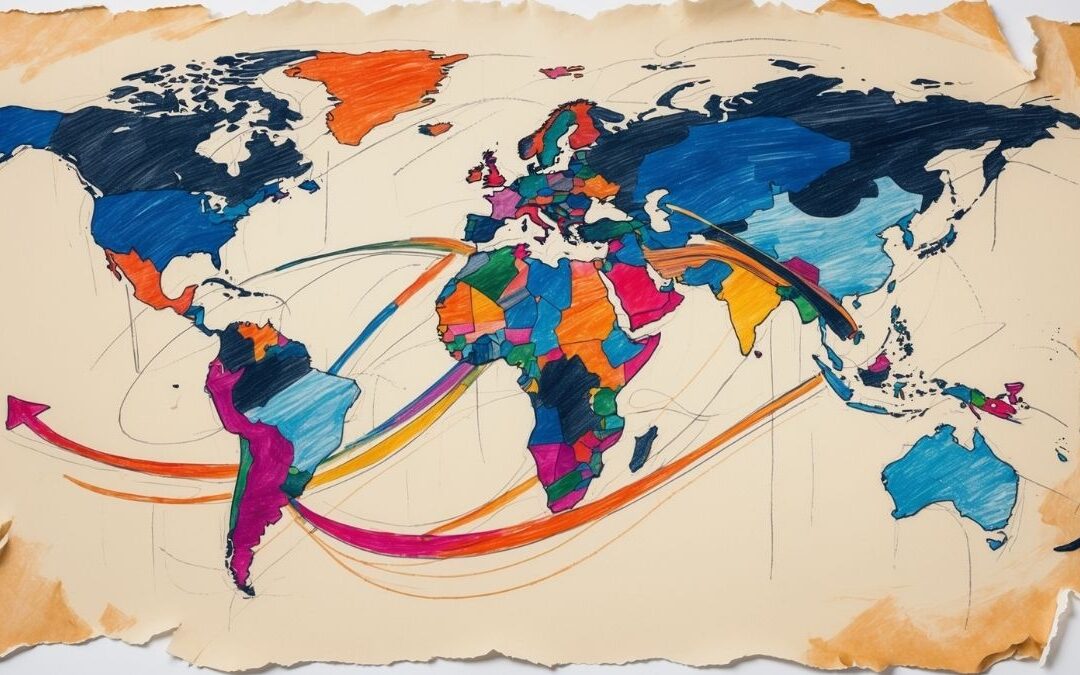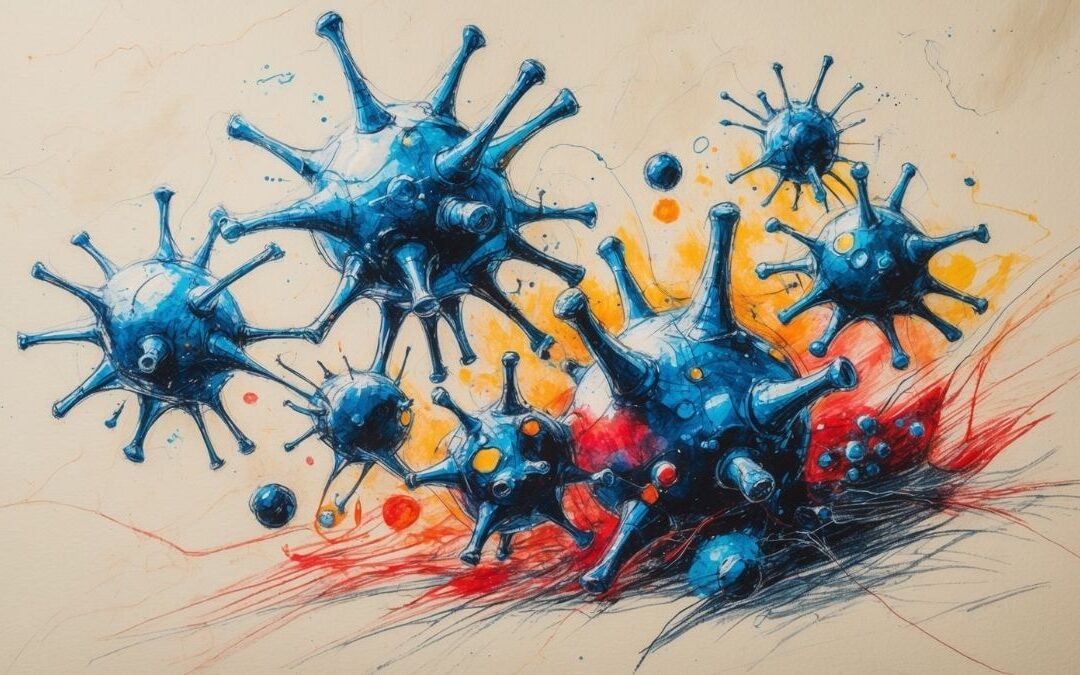The Gist
Literature and Social Change: How Books Inspire Activism
Books hold the power to ignite movements, inspire individuals, and transform societies. Throughout history, literature has been more than just a source of entertainment or intellectual engagement—it has been a force for social change. Whether through fiction or nonfiction, literature gives voice to the marginalized, challenges oppressive systems, and encourages people to take action. In this article, we will explore how literature has inspired activism and continues to influence social movements around the world.
Literature as a Mirror to Society
At its core, literature reflects the world in which it was written. Authors often use their work to comment on social issues, whether it be inequality, corruption, or injustice. Books such as Harriet Beecher Stowe’s Uncle Tom’s Cabin, George Orwell’s 1984, and Chinua Achebe’s Things Fall Apart have not only captured the essence of their times but also inspired readers to question and challenge the social structures around them.
Uncle Tom’s Cabin, for instance, was instrumental in shaping public opinion about slavery in the United States. Stowe’s vivid depiction of the brutal realities of slavery sparked widespread outrage and fueled the abolitionist movement. Abraham Lincoln reportedly called Stowe “the little lady who made this big war,” highlighting the profound impact of her writing on the American Civil War.
Similarly, 1984 introduced the concept of totalitarianism and surveillance in a way that made readers deeply reflect on their own societies. Orwell’s dystopian vision resonated with many during the post-World War II era and continues to be relevant today in discussions about privacy, government overreach, and individual freedom.
Giving Voice to the Marginalized
One of the most significant contributions of literature to social change is its ability to give a platform to voices that have historically been silenced. Through books, authors from marginalized communities have been able to share their stories, highlight their struggles, and push for change.
Works like Maya Angelou’s I Know Why the Caged Bird Sings or James Baldwin’s The Fire Next Time provide intimate insights into the experiences of African Americans, offering powerful critiques of racism and inequality. These books not only raised awareness of systemic issues but also empowered readers to take action against them.
Likewise, feminist literature, such as The Second Sex by Simone de Beauvoir or The Feminine Mystique by Betty Friedan, played pivotal roles in advancing gender equality and women’s rights. By laying bare the societal structures that oppressed women, these books inspired many to join the feminist movement and work toward societal change.
Literature as a Call to Action
In many cases, literature doesn’t just highlight problems—it actively calls for action. Books that challenge readers to rethink their roles in society can inspire activism on both individual and collective levels.
Rachel Carson’s Silent Spring is a prime example of how literature can galvanize people into action. Published in 1962, Silent Spring exposed the environmental damage caused by pesticides and is widely credited with launching the environmental movement. Carson’s compelling narrative led to policy changes and the eventual creation of the U.S. Environmental Protection Agency.
Another example is The Jungle by Upton Sinclair, which exposed the horrific conditions in the meatpacking industry in early 20th century America. Sinclair’s book led to public outrage and prompted significant reforms in food safety laws, including the Meat Inspection Act and the Pure Food and Drug Act.
Literature in Modern Activism
While classic works have had undeniable impacts, modern literature continues to inspire activism in the 21st century. Books like The Hate U Give by Angie Thomas and Between the World and Me by Ta-Nehisi Coates reflect contemporary issues like police brutality, racial discrimination, and systemic injustice. These works resonate deeply with modern readers, particularly younger generations, and have become central texts in the fight for racial equality.
Moreover, literature has found a new life in the digital age. Social media platforms have allowed activists and readers to spread powerful messages from books more widely than ever before. Hashtags and online movements such as #ReadWomen or #MeToo have harnessed the power of literature to amplify calls for justice and equality, showcasing the continued relevance of books in shaping social consciousness.
The Enduring Power of Words
Literature, at its best, does more than entertain—it provokes thought, stirs emotions, and inspires change. Whether it’s a novel that reveals harsh truths about society or an autobiography that gives voice to the voiceless, books have a unique ability to touch the hearts and minds of readers. They inspire empathy, encourage critical thinking, and push people to take action for a better world.
As long as there are injustices to fight and stories to tell, literature will remain a powerful tool for social change. So the next time you pick up a book, consider this: What impact could these words have on the world, and how might they inspire you to make a difference?
Let’s Talk
Isn’t it fascinating how something as simple as a book can shake up entire societies and inspire people to act? I mean, we pick up a novel, thinking it’s just going to be an escape or a good story, and suddenly, we’re confronted with these big questions about the world we live in. It’s incredible how literature has this way of holding a mirror up to society, forcing us to face the injustices we might not always want to see. But here’s something to think about: when was the last time a book actually made you feel like doing something—whether it was changing a small habit or reconsidering a belief?
It’s one thing to read about social issues, but what turns those words into action? Is it the characters? The situations? Or maybe the way the author makes it feel personal? When you read something like The Hate U Give, it’s not just about a fictional story—it’s about real-world issues that we see in the news every day. And sometimes, it’s that emotional connection to the characters that pushes us to get involved, speak out, or at least have conversations we might not have had otherwise.
But here’s a question for you: Do you think every book that tackles social issues has the power to inspire change, or is there something special about certain books that makes them more effective? I’ve found that the books that really stick with me are the ones that make me uncomfortable in the best way possible—the ones that challenge me to look at the world from a new perspective. It’s not always easy, but it’s definitely eye-opening.
And let’s not forget how literature brings attention to voices that have been silenced for too long. Think about authors like James Baldwin or Maya Angelou—writers who not only told their stories but also gave us a deeper understanding of systemic issues like racism, inequality, and oppression. Their words continue to resonate today, decades later. That’s the real power of literature, isn’t it? It doesn’t just give us insight into the past; it equips us with the tools to navigate and challenge the present.
I think what makes literature so powerful is its ability to spark empathy. It’s easy to ignore statistics or headlines, but when we’re drawn into a character’s world, walking in their shoes, we can’t help but feel what they feel. It makes the abstract real, the distant close. And that’s when action starts to feel not just possible but necessary. Have you ever read something that made you change your outlook on an issue or even your behavior? It’s pretty wild when words on a page can have that kind of impact.
What’s also interesting is how literature has adapted in the digital age. With social media, ideas from books spread faster than ever. A single quote or passage can be shared, retweeted, and discussed by thousands of people. That’s a different kind of activism—an online movement that starts with a spark from a book. And with more diverse authors getting published and more marginalized voices being heard, literature is as important now as it’s ever been in shaping conversations around social change.
So, how about you? Has a book ever inspired you to take action, even in a small way? Maybe it made you see an issue differently or motivated you to learn more about something that hadn’t crossed your mind before. If literature can continue to do that—open our eyes and push us toward positive change—then it’s much more than just words on a page. It’s a catalyst for a better world. Let’s keep the conversation going. What book has moved you to think differently or act? And how do you think literature will continue to shape the way we approach social issues in the future?
Let’s Learn Vocabulary in Context
Let’s dive into some of the key vocabulary we came across when talking about how literature inspires social change. These words aren’t just useful in a literary context—they pop up in our everyday conversations too, and knowing how to use them can give you a deeper understanding of both the topic and your own interactions.
First up is activism. We talked about how books often spark activism—that’s when people take direct action to bring about social or political change. In the context of literature, activism can be triggered by a powerful story or a nonfiction book that exposes an injustice. In everyday life, activism is about standing up for what you believe in, whether it’s protesting, volunteering, or simply having tough conversations. You might say, “After reading that book about climate change, I felt more driven to get involved in environmental activism.”
Another key word is oppression. This term refers to a system where one group is unfairly kept down by another. In literature, many authors use their stories to highlight the realities of oppression, making readers more aware of the systemic issues at play. In real life, oppression can be social, economic, or political, and understanding this concept is key to recognizing inequality. You might use it in a sentence like, “The book shed light on the oppression faced by marginalized communities.”
Next is empathy—a word that really stands out when we talk about the impact of literature. Empathy is the ability to understand and share the feelings of someone else, and it’s often through reading that we develop a stronger sense of it. Literature helps us step into someone else’s shoes, making their experiences feel personal. In daily conversations, you could say, “That novel really deepened my empathy for people going through difficult situations.”
We also came across marginalized. This describes groups that are pushed to the edges of society, often ignored or mistreated by those in power. Literature often gives a voice to marginalized communities, bringing their stories to a wider audience. You might hear it in a sentence like, “That author’s work brings attention to marginalized voices that aren’t often heard in mainstream media.”
Lastly, let’s look at catalyst. In our discussion, we used catalyst to describe how literature can spark or accelerate social change. A catalyst is something that causes a reaction or a significant shift, and in this case, books are often the starting point. In everyday life, you might say, “That speech was the catalyst that got the community to push for reforms.”
Here are a couple of questions to think about: How has a piece of literature acted as a catalyst for change in your life or perspective? And have you ever experienced a shift in empathy after reading about a marginalized group or individual’s story? These words help frame how powerful literature can be, not just in storytelling, but in real-world impact.










0 Comments